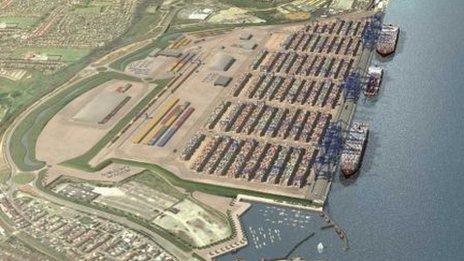East Anglia and Liverpool freeports get £25m and final approval
- Published
- comments
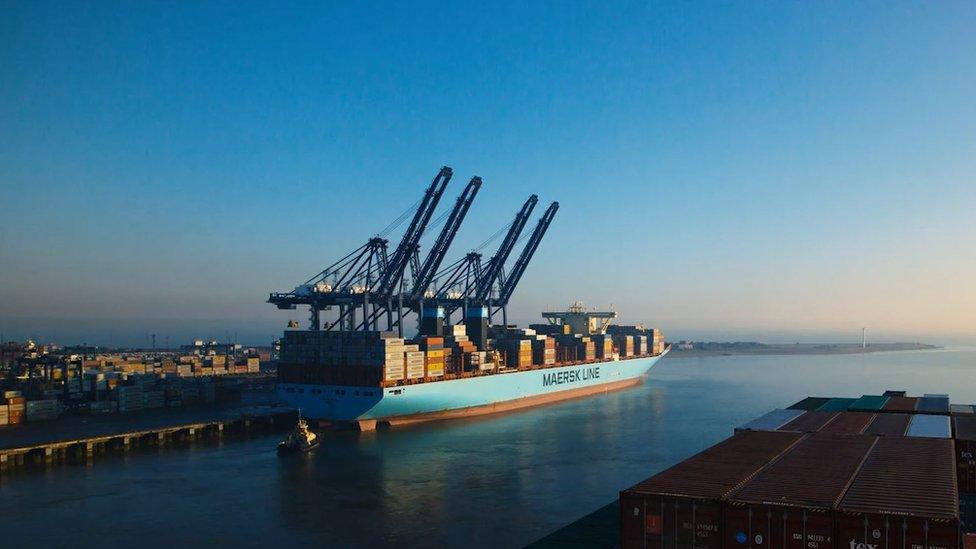
Freeport East is a business zone covering Harwich International Port, the Port of Felixstowe and Gateway 14 in Suffolk
The government has awarded two freeport economic zones £25m each as part of its final approval for the schemes.
Freeport East and Liverpool City Region Freeport are part of a series of UK freeports, offering tax and duty breaks to encourage business activity.
Felixstowe and Harwich ports and Gateway 14 business park off the A14, will work together as Freeport East., external
Steve Gallant, leader of East Suffolk Council, said the decision was "a huge moment for the whole region".
Dehenna Davison, minister at the Department for Levelling Up, Housing and Communities, external (DLUHC), said: "Both of these freeports will now receive £25m of seed funding and potentially hundreds of millions in locally retained business rates to upgrade local infrastructure and stimulate regeneration.
"This is alongside a generous package of trade and innovation support for businesses locating there.
Freeport East will now receive up to £25m seed funding from the government over the next few years, the DLUHC said.
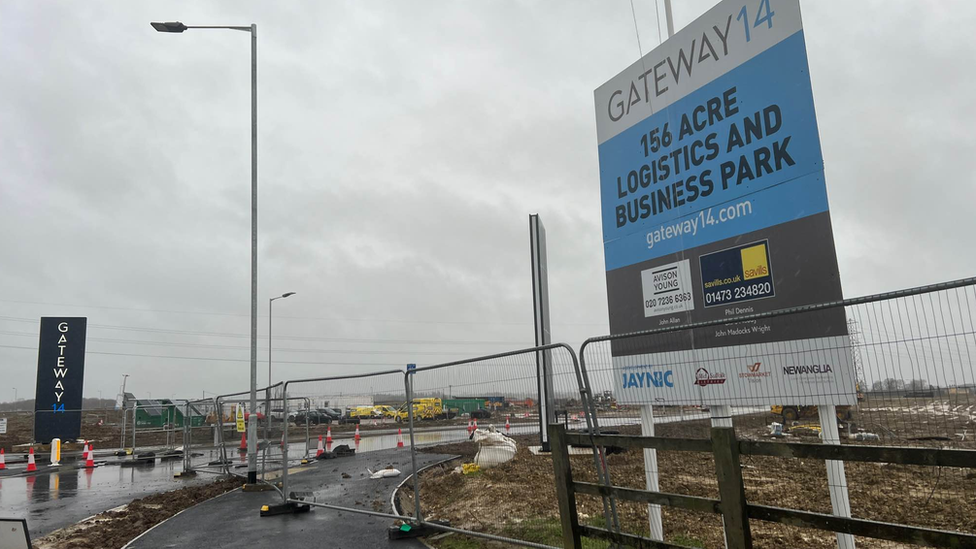
Freeport East - which includes the site at Gateway 14 in Suffolk - will become a centre for clean energy production
With eight other freeports planned across the UK, Mr Gallant said the East scheme's focus on the development of green energy was a significant selling point.
"I think the beauty of Freeport East is the beauty of the offer. What is really key is our ambitions around green energy," he said.
"Hydrogen is going to be a big thing and I want east Suffolk, East Anglia, to be a big part of that story around the economy going forward."
Some 13,500 jobs are forecast to be created at the port over its lifetime.
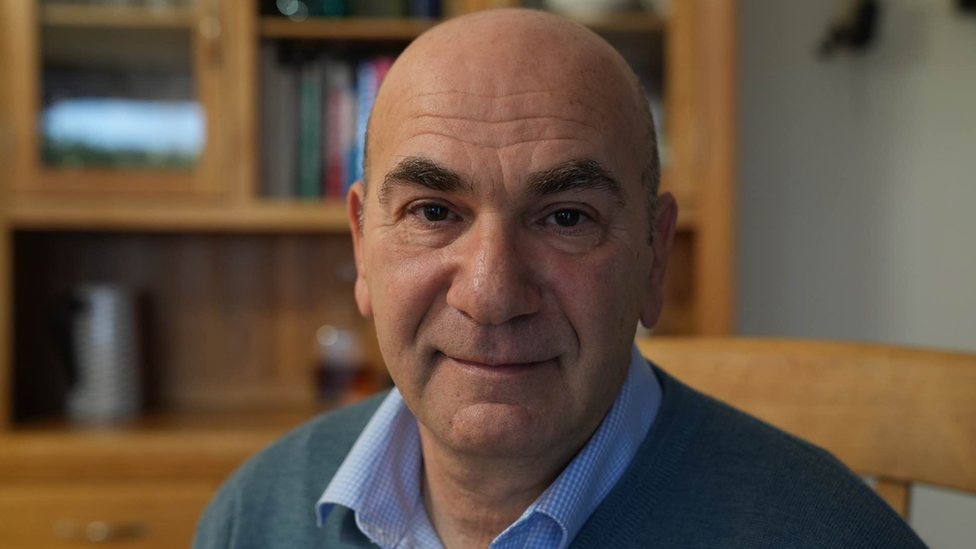
East Suffolk council leader, Steve Gallant, says Freeport East will propel the UK's net zero decarbonisation efforts
The Conservative council leader said the tax breaks offered would help facilitate new businesses and industries by giving them a "leg-up, in order to establish themselves in the market place".
"As a country, as a region, we need it desperately, in order to ensure that our future for our young people coming through the education system at the moment, they have the opportunities to secure not only employment but also useful, productive employment," he said.
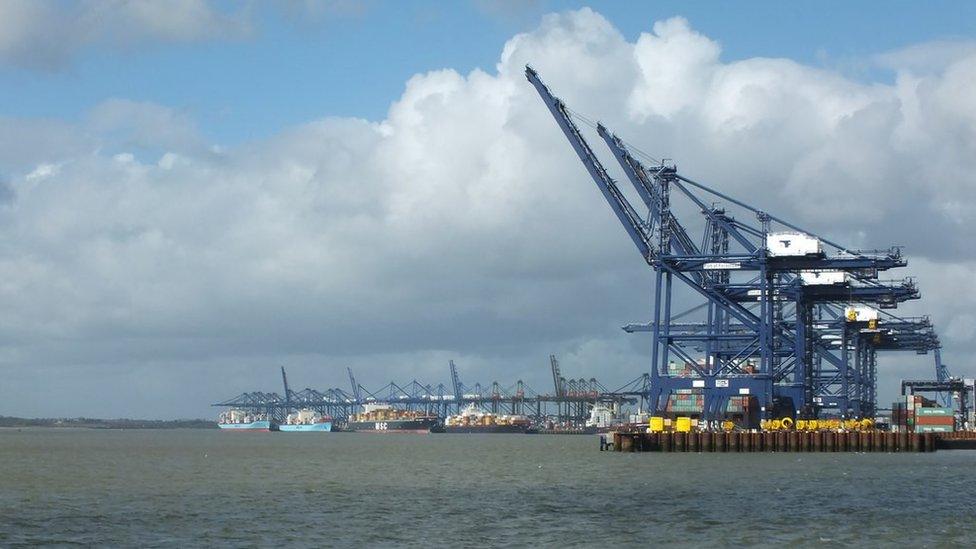
Port of Felixstowe is part of the Freeport East scheme
Steve Rotheram, mayor of the Liverpool City Region, said he wanted the freeport, external to increase social mobility.
"Throughout the process, I've been clear that I will only use our freeport as a force for good, to help build an economy that works for everyone in our region," he said.
"It is estimated that the freeport will add £850m to the local economy and contribute towards our plans to boost research and development and target green technologies to help us reach net zero by 2040 at the latest.
"But, for us, it means much more than that. I want to ensure that there is purpose behind this status that fuels greater social mobility, innovation, and inclusion for our whole region - including the integration of our Fair Employment Charter.
"Today, those plans have taken another step forward. I will be pressing for it to be up and running as soon as possible so local people and communities can begin to feel the benefits."
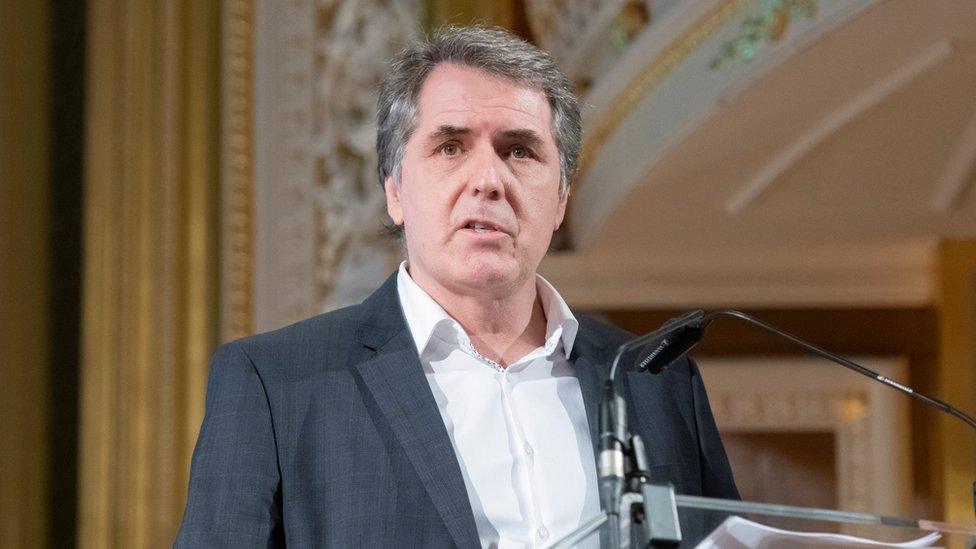
Liverpool City Region mayor, Steve Rotheram hoped the freeport would extend opportunities for all those living and working locally
Steve Beel, chief executive of Freeport East, said the £25m endorsement was "significant" and the money would be spent on site development, infrastructure and skills.
He said they were hoping to attract businesses in "key sectors like maritime, green energy, digital technologies".
Despite the UK being in a recession, he said he was optimistic about attracting new business.
"The region really has a lot to offer and the freeport adds a variation to that," he said.
"Some of the businesses we've been talking to, and overseas investors, they still see a potential in this, and we hope they will follow through in the coming years."
Freeports in Teesside, Plymouth and South Devon and Solent Freeports have already received approval.
The DLUHC said three English freeports were expected to join these areas in receiving final approvals shortly.
Freeports for Scotland and Wales would also be announced soon with discussions ongoing for Northern Ireland.

Find BBC News: East of England on Facebook, external, Instagram, external and Twitter, external. If you have a story suggestion email eastofenglandnews@bbc.co.uk
- Published11 October 2022

- Published22 March 2022
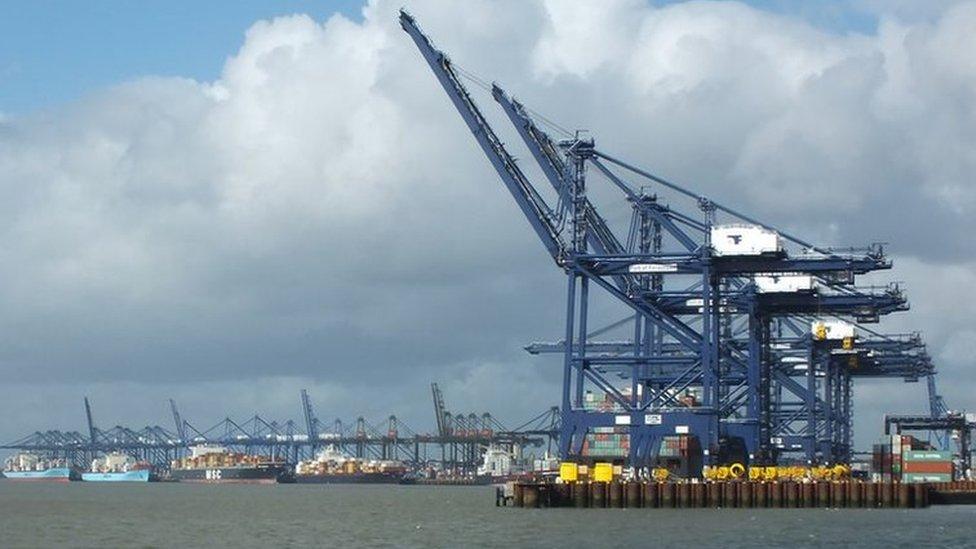
- Published17 September 2021
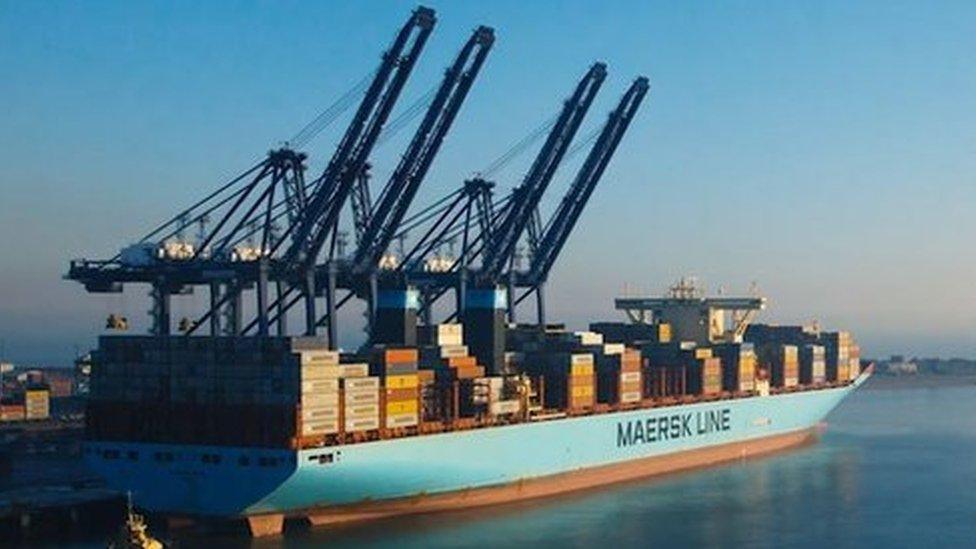
- Published22 March 2023
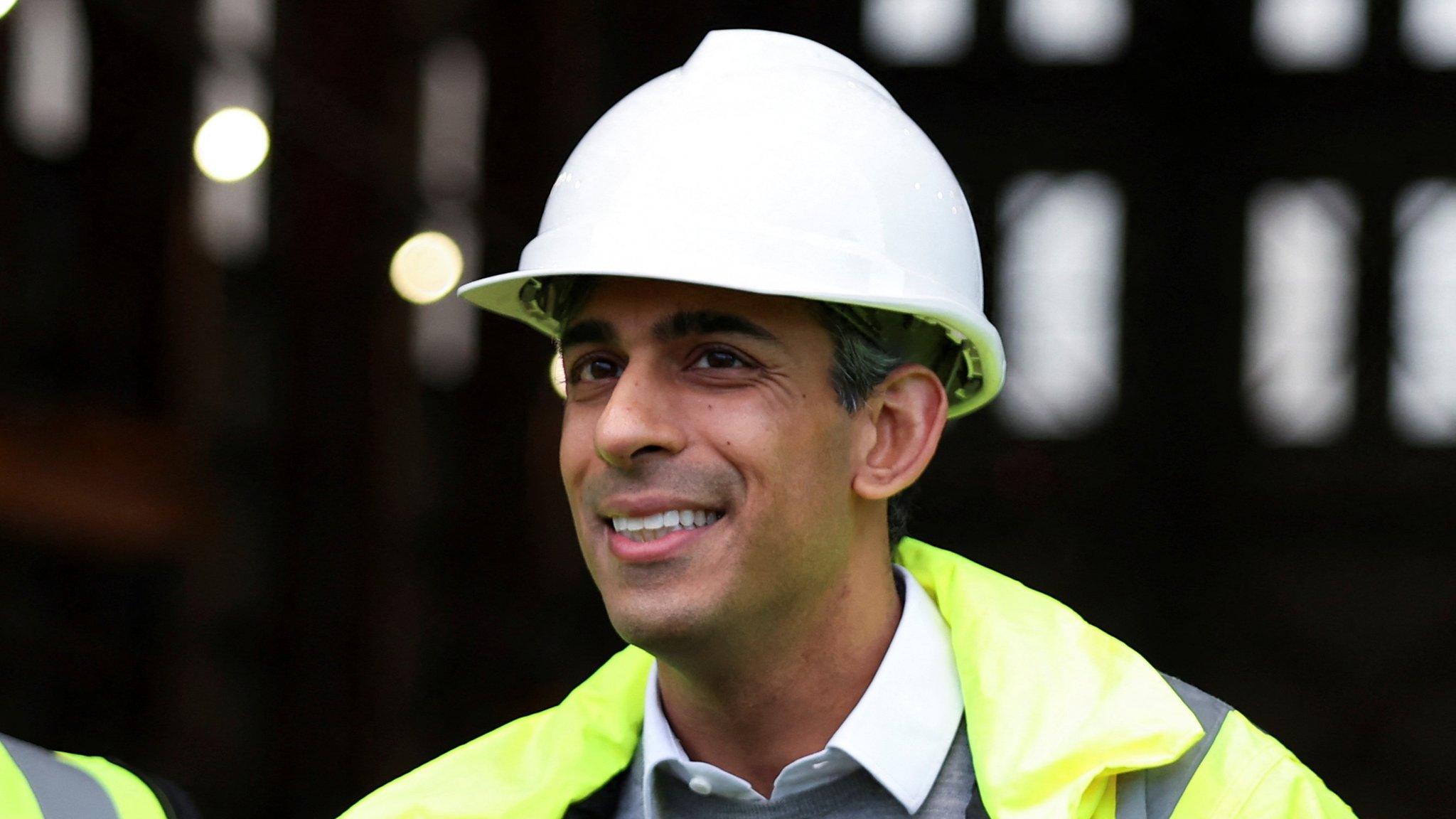
- Published25 November 2020

- Published2 August 2019
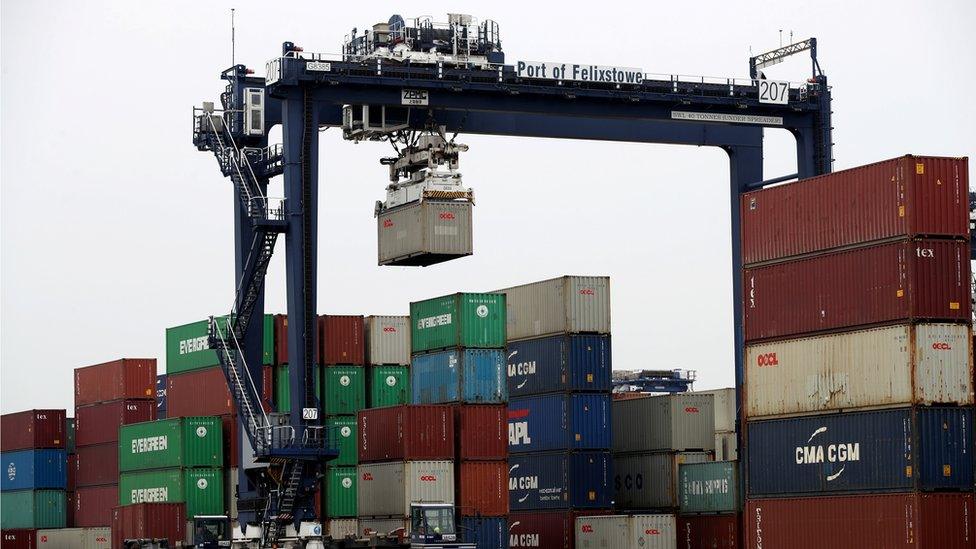
- Published29 November 2018
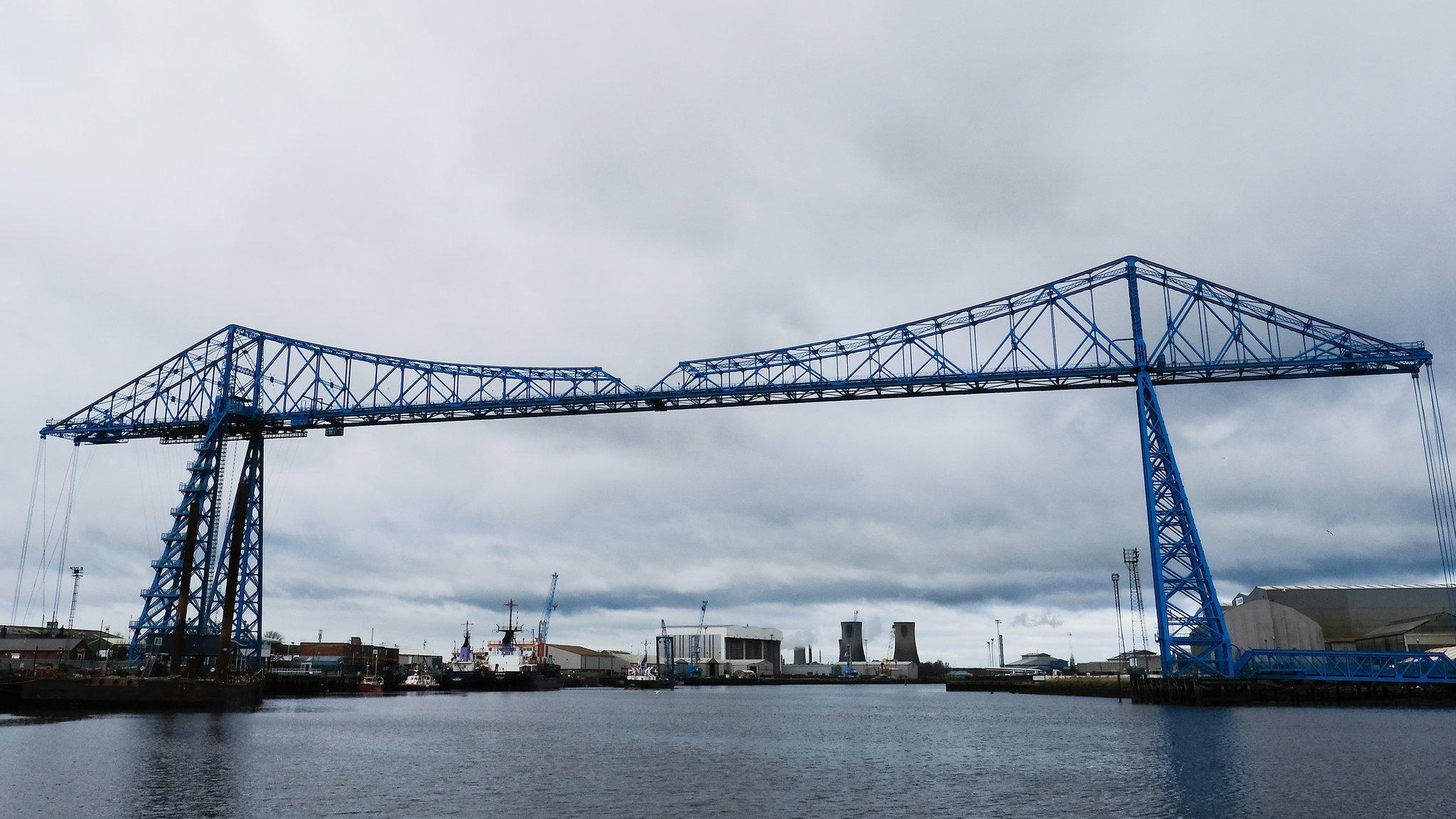
- Published18 November 2011
